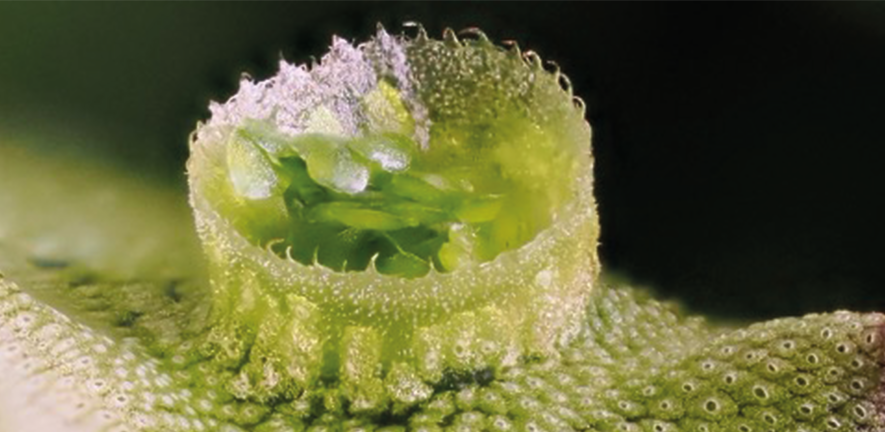
Submitted by Susana Camacho on Tue, 20/02/2024 - 14:46
Four research projects in the School of Biological Sciences have received £5.4M in funding through the UKRI Engineering Biology Mission Awards to develop transformative technologies across biomedicine and clean growth.
Antibodies for new therapeutics
The “MAST, modular activator and silencer therapeutics” project brings together an interdisciplinary team of scientists with experience in artificial intelligence, structural biology, protein evolution and drug screening to develop 3 new antibody platforms with the potential to develop new therapeutic agents. The project is led by Dr Paul Miller and Professor Laura Itzhaki (Pharmacology), with colleagues Professor Mark Howarth and Dr Cathy Wilson (Pharmacology), Professor Florian Hollfelder (Biochemistry) and Dr Pietro Sormanni (Chemistry).
“We expect these new platforms to be a major enabling technology for the biomedical and biotechnology community at the University. Once established, we will make them widely accessible so as to maximise the potential and impact of new protein-based therapeutics”, said Laura Itzhaki.
Paul Miller said, “During a Research Themes meeting where I chaired a panel discussion [for the chemical biology and protein engineering subtheme] it was clear that researchers lacked access to and greatly desired cutting edge antibody platforms owned by the University (free from IP constraints), and so the idea for MAST was sown. The UKRI funding call for Bioengineering was the perfect opportunity to brainstorm exciting ideas with theme members and write an application to address this shortcoming.”
Disease Resistant Crops & Solar Powered Biofactories
Additional projects funded in the School are led by Dr Nicola Patron (Plant Sciences) with collaborators in York, John Innes Centre and Royal Holloway University of London.
The “Engineering Gene Regulatory Networks to Design Disease Resistant Crops” project will use computational modelling to guide the introduction of targeted genetic changes that will help produce resistant lettuce plants whilst minimising negative impacts on other important traits such as yield.
The “EBioAct: Environmentally sustainable production of bioactive triterpenes” project will focus on the production of a group of molecules, some of which are in high demand within healthcare but have unsustainable supply chains, and others that have potential as pollinator-friendly alternatives to pesticides. The team will advance plants as light-powered manufacturing platforms. This will include working with industry partners on the techno-economic feasibility of large-scale production and purification in specialised greenhouses.
Nicola Patron said, “This funding will bring together UK teams to apply engineering biology to plants. Our work will accelerate the development of disease-resistant crop varieties and advance the engineering solar-powered biofactories that produce molecules for healthcare and agriculture.”
Advancing Accessible Bio-Manufacturing
The “OpenBioMAPS: shared tools for accelerating UK bio-manufacturing” project is led by Professor Jim Haseloff (Plant Sciences) and Dr Jenny Molloy (Chemical Engineering and Biotechnology). OpenBioMAPS aims to develop open source research tools for distributed biomanufacturing of enzymes and antibodies at low-cost, using benchtop microbial and plant systems. The project will support routes to scale-up enzyme and antibody production for industrial plant-based production in chloroplasts.
Jim Haseloff said, “The ultimate goal of OpenBioMAPS is to leverage advances in synthetic biology to reduce financial and transactional costs of microbial and plant-based protein production for researchers and innovators, ensure freedom to operate and accelerate the UK’s transition to a sustainable bioeconomy. This approach also brings important global benefits for innovators in low resource settings.”
Read more about the UKRI Engineering Biology Mission Hubs and Awards
Bioengineering is a growing area of innovation across the School of Biological Sciences, spearheaded by members of the Molecules and Cells Research Theme. Read more about Research Theme activities and focus topics.
Top image: focus image of a Marchantia polymorpha gemma cup on a hydroponic grown plant. The cup-shaped organs naturally produce clonal vegetative propagules that can be used to maintain a two-week propagation cycle. This is potentially useful for low cost biomass production with these fast-growing plants. Credit: Jim Haseloff

